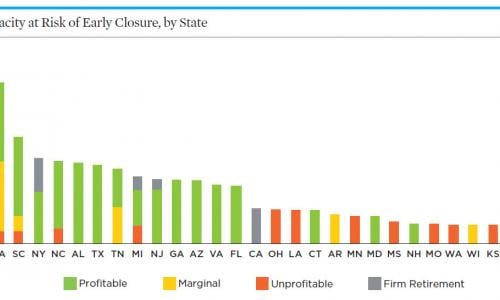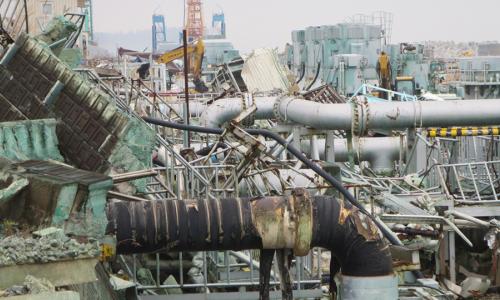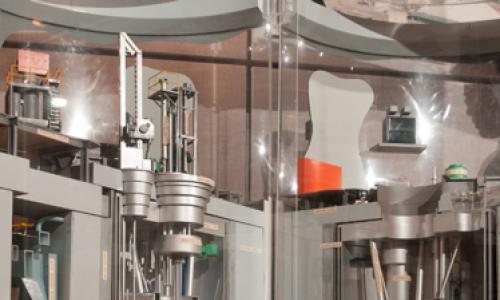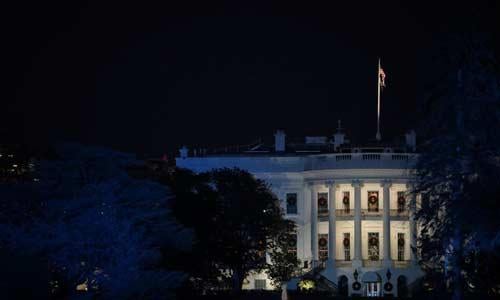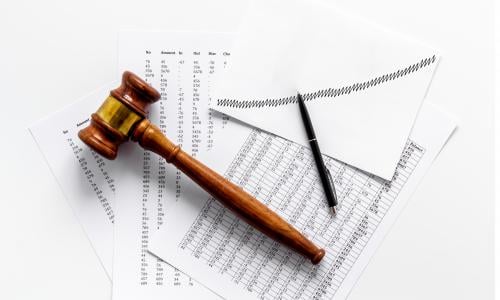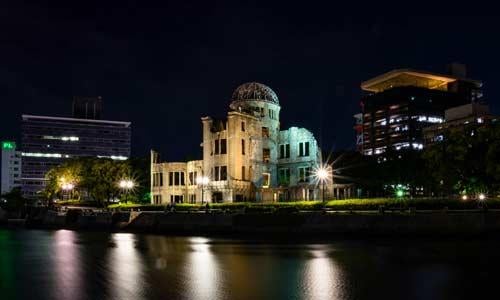Table of Contents
Low-carbon electricity, with serious economic and safety issues.
US electricity from nuclear power
In the 1970s and 80s, more than a hundred nuclear reactors were built in the United States. They promised abundant, safe, “clean” energy, free from the pollution associated with coal and other fossil fuels.
Today, most of those reactors remain in operation, in varying states of condition. Many operate on very thin margins as they compete with cheaper electricity from gas and renewable energy. Some have experienced costly safety- and age-related problems. All of them face unresolved questions around nuclear waste.
But the low-carbon electricity provided by existing nuclear power plants is increasingly valuable in the fight against climate change. Understanding these dynamics—and weighing the benefits of nuclear power against its shortcomings and risks—is essential as we make decisions about the future of US electricity.
Global warming
To help prevent the worst consequences of climate change, the United States must achieve economy-wide net-zero emissions by or before mid-century. This requires swiftly decarbonizing the electric sector, one of the largest sources of US carbon emission.
But deep decarbonization isn’t easy. Difficult decisions need to be made around whether aging, unprofitable nuclear reactors should be kept online or replaced—and what should replace them.
Policymakers facing these issues should consider the climate impacts, costs, safety, and public health implications. They should also strengthen policies that support other low-carbon technologies.
Safety
The Fukushima disaster of 2011 showed what can happen when a nuclear power plant's safety systems fail. The US nuclear industry responded with familiar reassurances that it can't happen here.
We know better. Enforcing fire and earthquake regulations, addressing flood risks, and safer on-site storage for nuclear waste are just a few of the ways we can help prevent nuclear accidents.
Since its founding in 1969, UCS has served as a nuclear safety watchdog. We help ensure that the Nuclear Regulatory Commission enforces its safety regulations—and we try to prevent them from reducing safety standards and oversight in response to industry pressure.
We believe that a well-regulated nuclear industry is in everyone’s best interest—especially the industry itself.
Security
Accidents aren’t the only potential threat to nuclear facilities. A successful terrorist attack could kill, sicken, or displace large numbers of people and cause extensive long-term environmental contamination. Protecting nuclear reactors and safeguarding nuclear material should be a central concern for everyone interested in nuclear power.
Unfortunately, the NRC has regularly downplayed the threat of nuclear terrorism, relaxing its requirements for security exercises in response to industry pressure to lower costs.
Technologies
The basic principle behind a nuclear reactor is simple: the heat produced by a controlled nuclear reaction is used to create steam pressure that drives a power-generating turbine. But the technology required to implement this principle efficiently and safely is enormously complex. The fission chain reaction must be maintained at the correct rate and quickly adjusted or stopped when necessary.
Almost all the world’s reactors are cooled by water, and their water temperature and pressure must be carefully controlled. And elaborate, redundant cooling systems are needed to prevent nuclear fuel from overheating, which can lead to a meltdown and the release of radioactivity.
Nuclear reactors can be cooled by materials other than water; several such types are under development by governments and industry. These have different safety vulnerabilities and systems to prevent the release of radioactivity in an accident.

